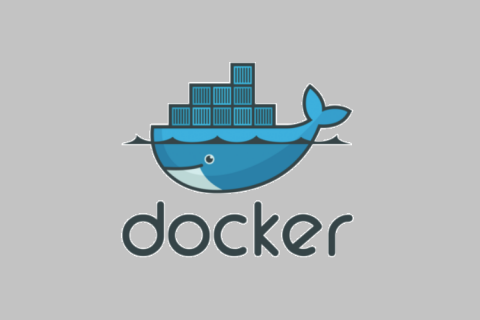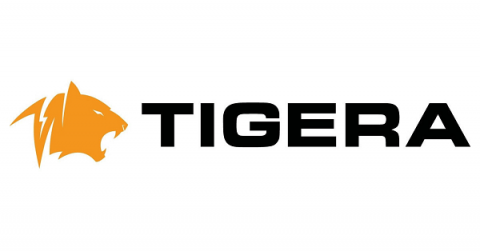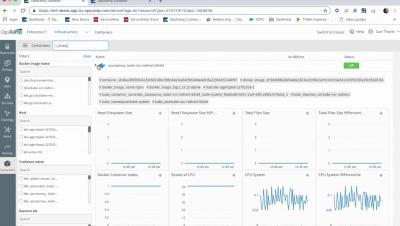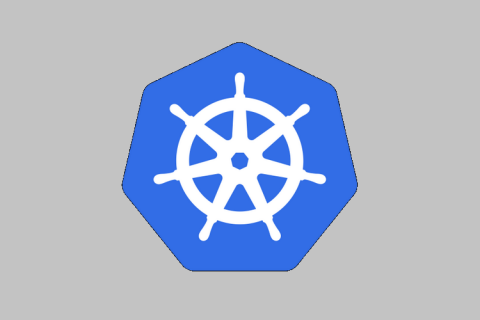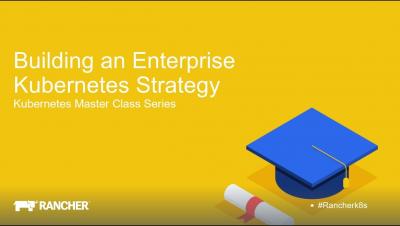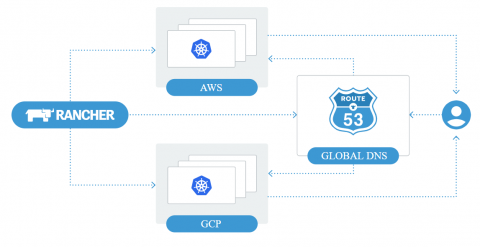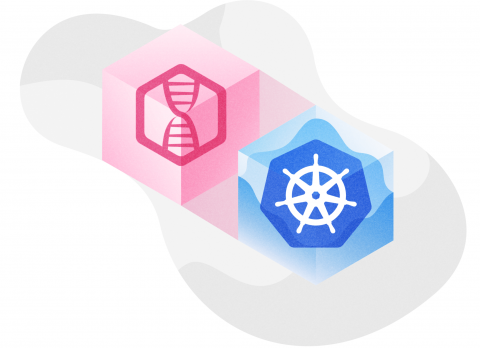Kubernetes vs Docker Swarm: Comparison of Two Container Orchestration Tools
With the rise of the containerization technology and increased attention from enterprises and technologists in general, more and more containerized applications have been deployed to the cloud. Moreover, research conducted by 451 Research predicts that the application container market will grow dramatically through 2020, which will continue to expand the number of containerized applications being deployed to the cloud.



